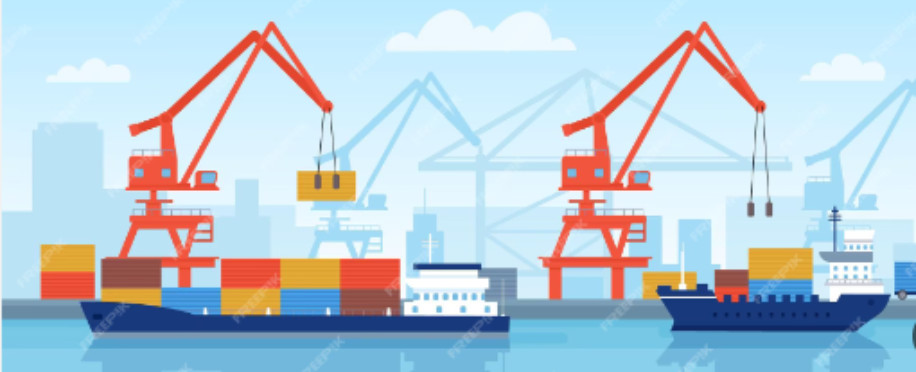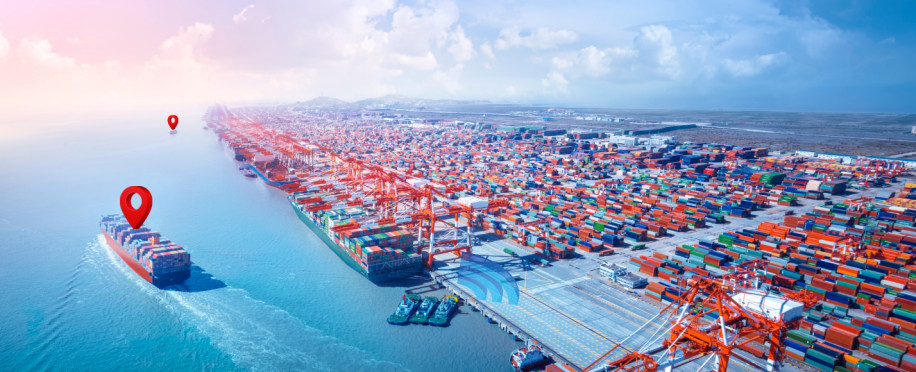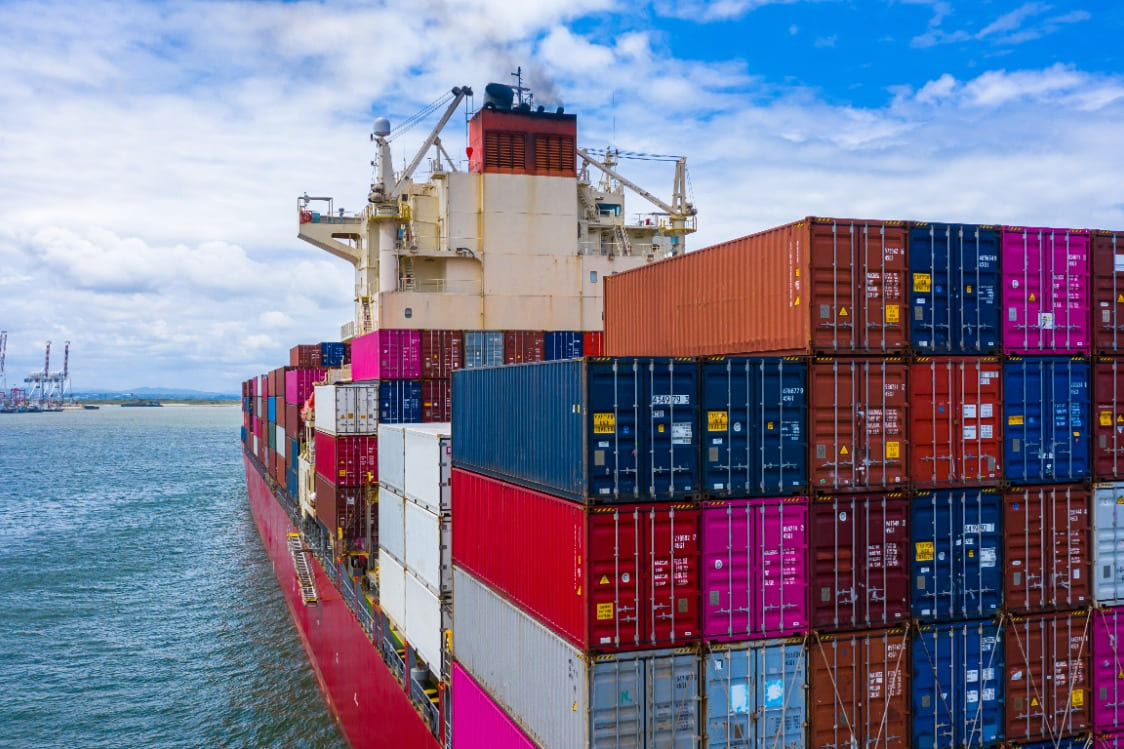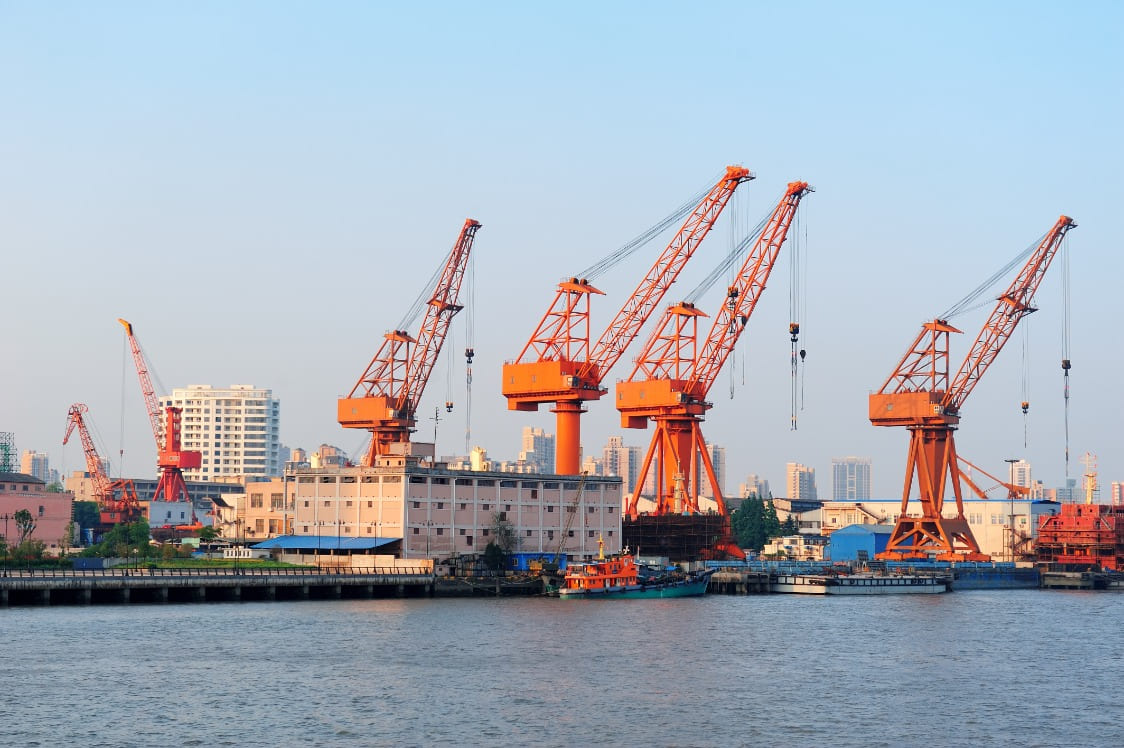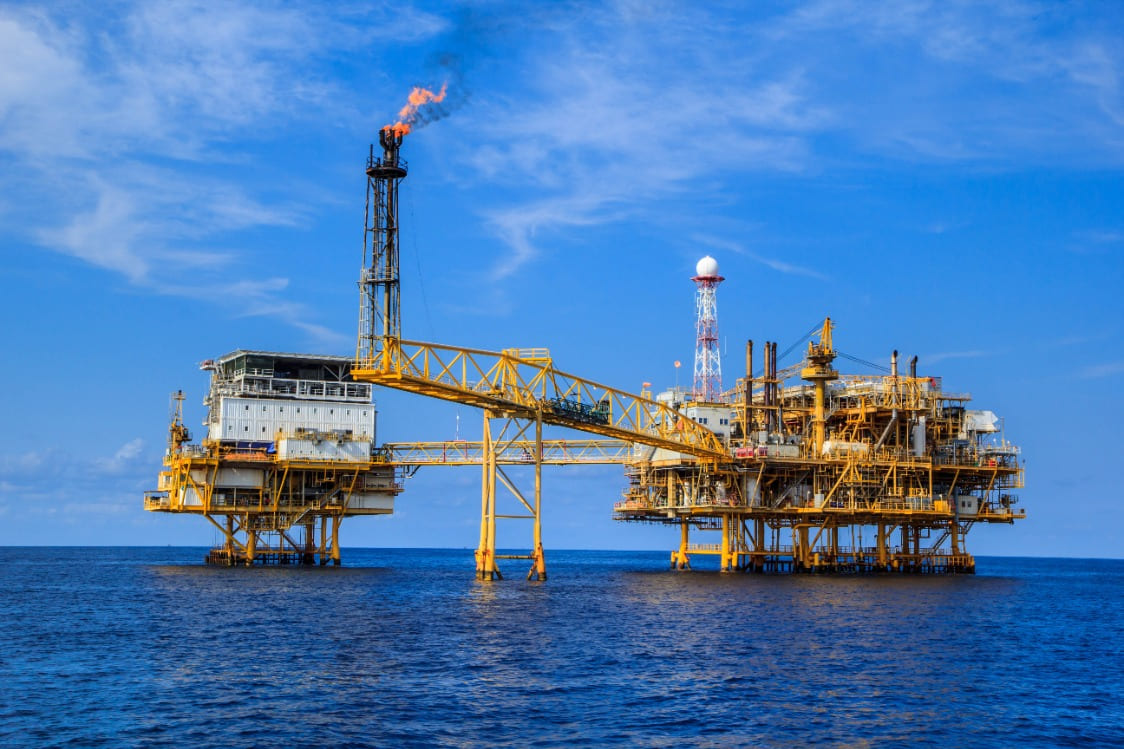Securing the Seas: The Importance of Hull Insurance in Maritime Shipping
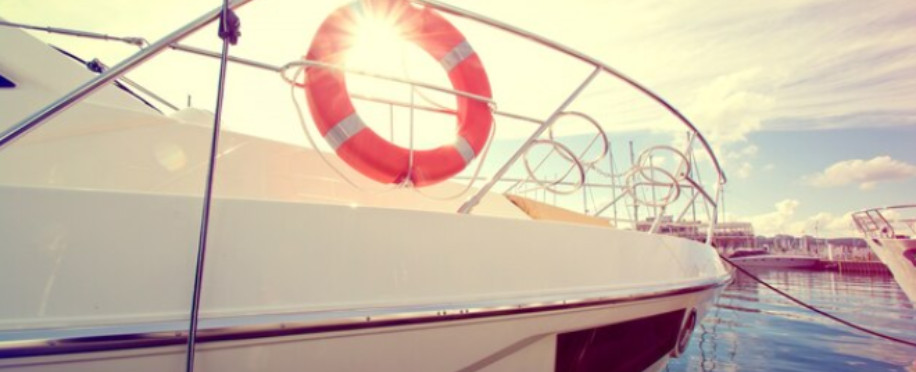
Posted on Jan 30, 2024 at 11:01 PM
Accidents happen, especially in large and risky industries such as the marine industry; thus, having the right hull insurance for your vessel and machinery is vital to protect your marine crew, residents, and business in any location.
Marine hull insurance is a protection policy that effectively covers damage and liability for all vessels in the sea, regardless of their size and load.
This article will discuss the hull insurance concept, damage and liability coverage, types, and attached benefits of having an insured hull and machinery.
What is Hull Insurance?
The hull insurance term, also known as marine hull insurance, protects a vessel’s hull and machinery from any physical damage or liability that could happen during freight or while docking in the port.
Because the maritime industry faces a wide range of hazards, the hull insurance policy becomes an essential part of marine risk management procedures for companies and ship owners as an effective way to mitigate financial and other risks associated with owning and operating vessels.
Moreover, the hull insurance quote is done by an experienced agent who knows the management basis, innovations in shipping management, and maritime requirements; furthermore, he has offices worldwide and strong market relationships.
The 5 Main Components of Marine Hull Insurance:
Although hull insurance could provide full coverage for all the components of your vessel, to maximise coverage, you need to understand the components of marine hull insurance.
However, remember that how much you pay will set the protection of damage level you will get, whether it is limited, division, or total insurance coverage.
-
Hull: This represents the physical structure of the vessel or yacht, including the deck and all attached bodily superstructures.
-
Machinery: This insurance coverage is essential for a commercial company and contains all the vessel’s technical machinery, like engines, boilers, and other mechanical parts. Moreover, the hull insurance also covers navigation, communication, and other equipment used for essential functions.
-
Protection and Indemnity (P&I): This insurance type offers liability coverage, which protects the ship owners against damage caused to another property.
-
Freight and Cargo: This type is not essential in marine hull insurance, and it may cover the cargo and products carried on the ship from any damage during the voyage.
-
Complete Hull Insurance: This is wholesale or comprehensive marine insurance. All previously mentioned types are included and covered, including liability insurance.
What Risks Are Covered Under the Hull Insurance?
The hull insurance is designed to protect the vessels from different sea perils and losses. However, the policy risk coverage may differ based on various global and national regulations. But, commonly, these are the covered risks by hull insurance:
-
Perils of the Sea:
Hull insurance policies usually cover any damage or loss caused by natural events during navigation, such as storms and lightning. Even with all the technological developments, these events are still unpredictable.
-
Sinking Insurance:
Vessel sinking could happen due to different expected and unexpected reasons, including accidents, navigational errors, or unforeseen circumstances. However, not all sinking accidents will be covered; for example, vessel sinking from overloaded products will undoubtedly be uncovered.
-
Fire and Explosion:
Fire or explosion in the hull and machinery could cause significant damage to the vessel, and this part of the insurance policy typically helps in any destruction, whether it is the hull, products, injuries, or any other damage.
-
Collision Insurance:
Collision in the sea could happen with other vessels, docks, bridges, or icebergs. The marine hull agency usually fully covers the resulting physical damages.
-
War Damage:
Unless the vessel’s crew intentionally went to dangerous water, the hull coverage will cover vast damages from the ongoing war, terrorism, or pirate attacks.
Benefits of Hull Insurance:
According to shipping management training courses in Dubai, having a successful hull insurance policy is more than vital for all ship owners, especially with the fantastic included features:
-
Prevent Financial Loss:
The hull insurance protection includes your assets, ships, travellers, crew, and budget from marine accidents and claims. Fair compensation will help protect shipowners' yachts, tankers, and vessels from unexpected costs.
-
Follow Marine Regulation:
Marine hull insurance is mandatory in most regulations, whether for commercial or entertainment ships.
-
Liability Protection:
This could be the most significant benefit of hull insurance, as it protects you from any legal liabilities from accidents, whether with other vessels or facilities, ensuring special vehicle protection.
-
Avoid the Risk of Products Losing:
The marine insurance is prepared to cover your products from every single waste from accidents or natural events in the fleet. Leading to protect your financial capital effectively.
To sum up,
Hull insurance should be essential in all maritime businesses, with all its benefits and expected marine circumstances.
However, training your team on effective shipping management and regulation is required to follow the insurance policy and get the best compensation offer.

